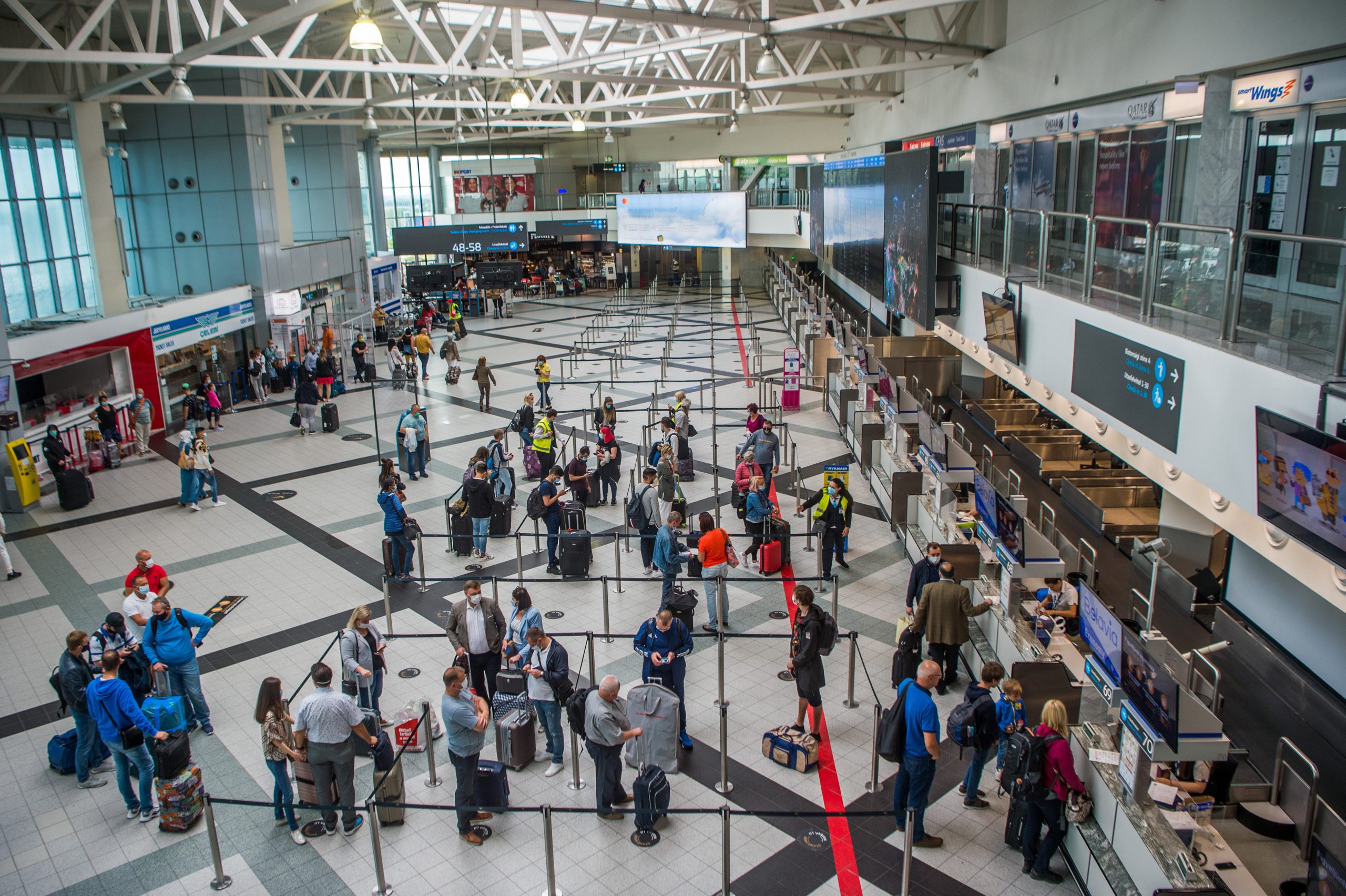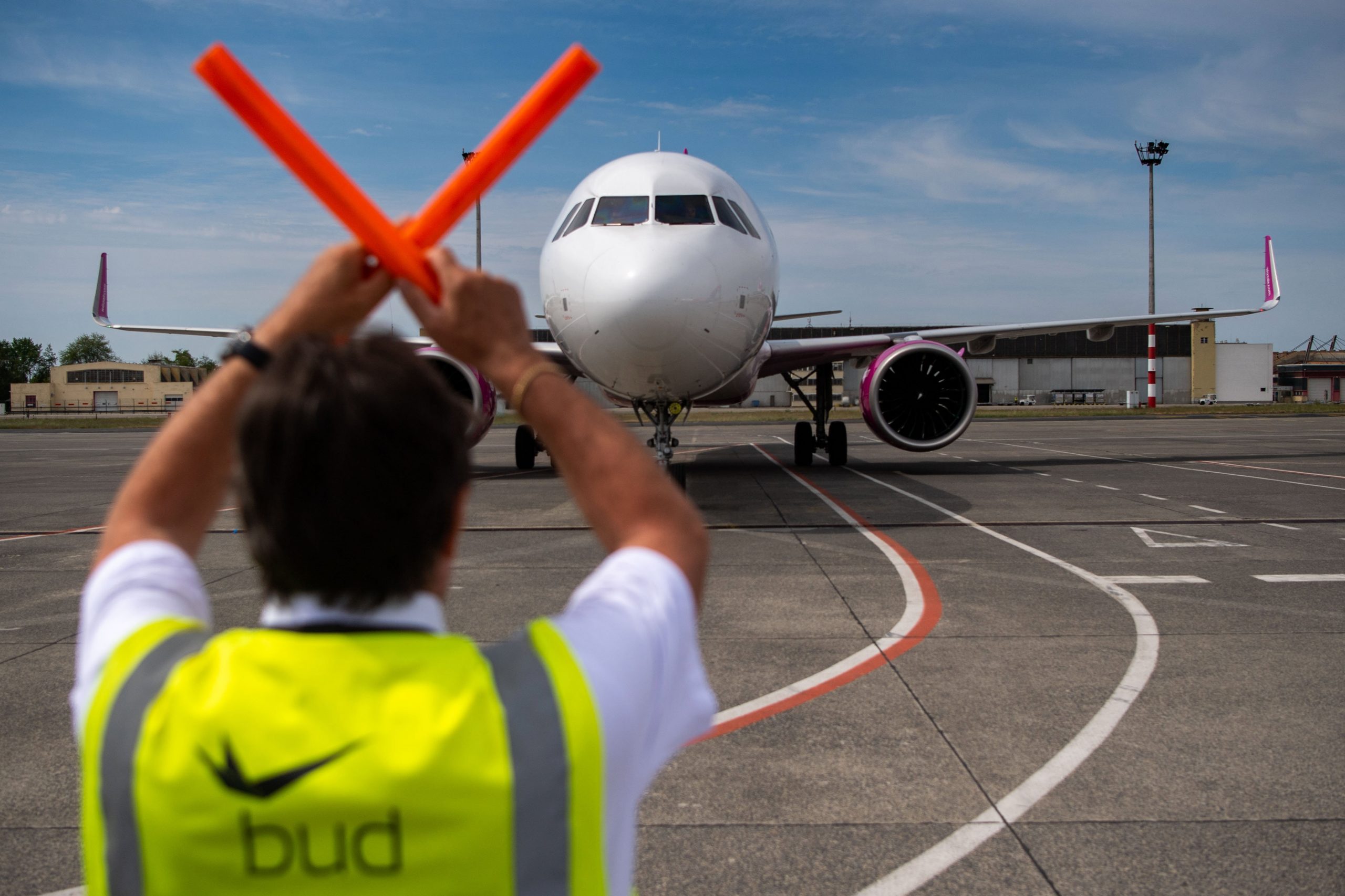
Budapest Airport's owners rejected several offers of "a government-led consortium" in the past months, but according to sources, they find the new offer appealing.Continue reading

The Hungarian government is persistent about its bid to buy back Budapest’s Liszt Ferenc Airport. Reportedly, they have recently raised their offer once again, and proposed a hefty HUF 1,617 billion (EUR 4.36 billion) for the airfield. While the Orbán administration calculates a short return period, this is very much doubtful due to the circumstances of the infrastructure and world economy tendencies.
This is already the third offer the government has recently made for the airport. Initially, about a year ago the government offered EUR 3 billion which was raised to EUR 4 billion by mid-October, both eventually rejected by Budapest Airport’s owners.
Last week, PM Viktor Orbán said that the deal could be broken “at any moment.”
As a matter of fact, the latest offering bid of EUR 4.36 billion is already comparable to the amount of funding Hungary receives from Brussels in a year for development and convergence.
According to pro-Fidesz business daily Világgazdaság (VG), in addition to the Hungarian state, a consortium including the Indotek group (led by government ally businessman, Dániel Jellinek) and state oil company MOL would be up for the deal. Either they would buy it in this configuration, or the state alone would buy it, but neither of these scenarios have been confirmed yet. In the former case, the Hungarian state would have a minimum stake of 51%.
At the moment, besides AviAlliance (owned by a Canadian fund) which has 55.4% of the ownership, Singapore’s sovereign wealth fund’s (GIC) subsidiary company, Malton, and a pension fund in Québec, Canada, are Liszt Ferenc airport’s owners.
Back in 2005, when Budapest Airport was privatized, British BAA paid EUR 1.9 billion (HUF 464.5 billion at the time) for the shares and for the concession rights for 75 years, making the deal one of the most expensive airport purchases in the world, according to reports at the time.
The intentions of Fidesz circles to take over the airport have long been known in Hungary, leading to several statements made in the last years, ranging from quiet offers to straightforward criticism and threats.
According to 24.hu‘s information, the government calculates that air traffic would return to pre-covid levels by 2023, counting some 20 million passengers in five years’ time after a rapid ramp-up, adding up to a 15-year return on the investment.
Return doubtful
It is important to note that Hungary’s state debt nears the 2010 levels (the end of the economic crisis that began in 2008) and is expected to remain high next year too, while neither this year’s nor next year’s budget include a potential deal and such a giant expenditure.
Experts, asked by 24.hu, also insist that this is a very ambitious plan, since a lot of development and investment would be needed, such as a brand new terminal to satisfy the increasing traffic, but also new parking, hotels, and cargo development.
In addition, in a lengthy analysis, G7 compares the price of the airport to other similar ones drawing the conclusion that it would be a very expensive deal. For example, the market value of Zurich airport is similar to this offer bid, but the Swiss airport is dealing with two-fold traffic over Budapest. While the recently-renovated Vienna airport’s market value, which similarly is a lot busier than BUD Airport, only amounts to some 55% of this offer bid.
Return is also a point of debate, and the economic investigative site draws up several different scenarios. Even the most optimistic one is significantly higher than the government’s calculations, but a pessimistic one that calculates with the income between 2015 and 2019, puts a potential return at roughly 100 years. The paper highlights that while the government calculates with increasing traffic and therefore increasing income, this also depends on a number of factors (green policies, related infrastructure development, and the extension of the airport to be completed by the new owner(s) etc.) and makes the deal a risky one.
G7 additionally highlights that a large part of the assets bought back by the Fidesz-led government were recently made to go under the ownership or supervision of Fidesz-ally businessmen (or foundations led by them), speculating that perhaps that is the reason why Orbán would prefer to break the deal before the elections.
featured image illustration via MTI/Gergely Botár/kormany.hu